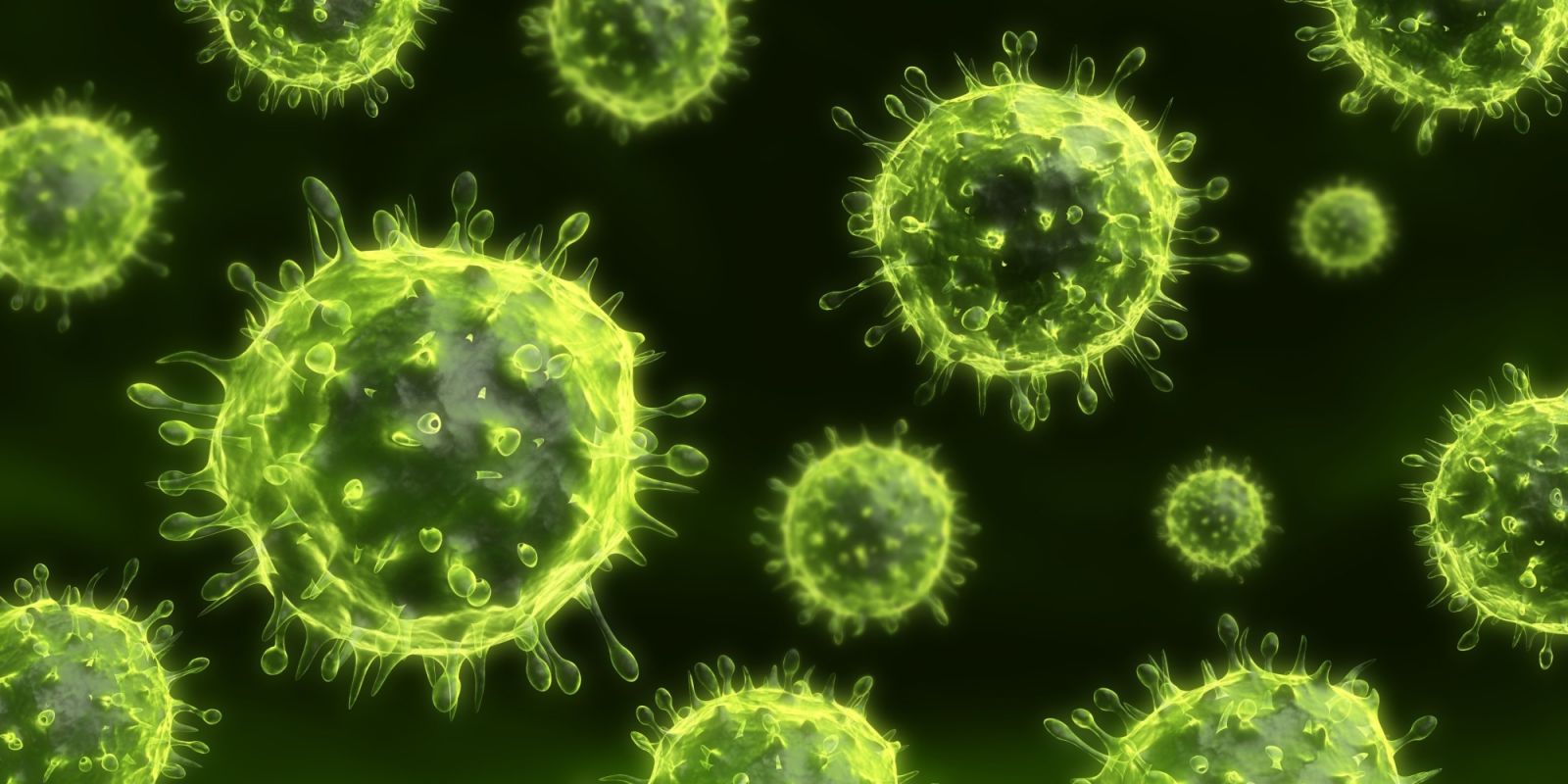Source: Thailand Medical News Dec 30, 2019 6 years, 1 week, 5 days, 14 hours, 58 minutes ago
Public Health officials and infectious disease specialists around the world are warning that the deadly
Nipah virus which has already caused a stir across South and South East Asia, could emerge as the next deadly global threat with any new mutations taking place. They said the virus has “serious epidemic potential.”

The
Nipah virus was identified in 1999 in Singapore and Malaysia, and subsequently, the
Nipah virus spread thousands of miles to India and Bangladesh, with a mortality rate ranging from 40 to 90 percent. Yet, there is no drug or vaccine against it. Cases of it has already been identified in China, Russia and even The European and African continents.
Dr Richard Hatchett, CEO of Coalition for Epidemic Preparedness Innovations (CEPI) told
Thailand Medical News, “Twenty years have passed since its discovery, but the world is still not adequately equipped to tackle the global health threat posed by
Nipah virus.”
CEPI is a “public-private coalition that aims to derail epidemics by speeding up the development of vaccines.” It was founded in 2017.
CEPI recently held a two-day
Nipah Virus conference along with the Duke-NUS Medical School in Singapore.
The first disease target of the CEPI is the
Nipah virus, which is highly contagious and can be transmitted from person to person, or through contaminated food. The virus was found to be carried by certain types of bats and pigs.
The
Nipah virus had spread to Bangladesh within two years of its discovery, causing several outbreaks. The virus outbreak in Kerala, India, killed 17 people in 2018.
Dr Hatchett said, “Outbreaks of
Nipah virus have so far been confined to South and Southeast Asia, but the virus has serious epidemic potential because Pteropus fruit bats that carry the virus are found throughout the tropics and sub-tropics, which are home to more than two billion people.”
Dr Wang Linfa from the Duke-NUS Medical School said, “There are currently no specific drugs or vaccines for
Nipah virus infection, even though the World Health Organization has identified it as a priority disease.” The CDC says, “Infection with
Nipah virus is associated with encephalitis (inflammation of the
brain). After exposure and an incubation period of 5 to 14 days, illness presents with 3-14 days of fever and headache, followed by drowsiness, disorientation and mental confusion.”
